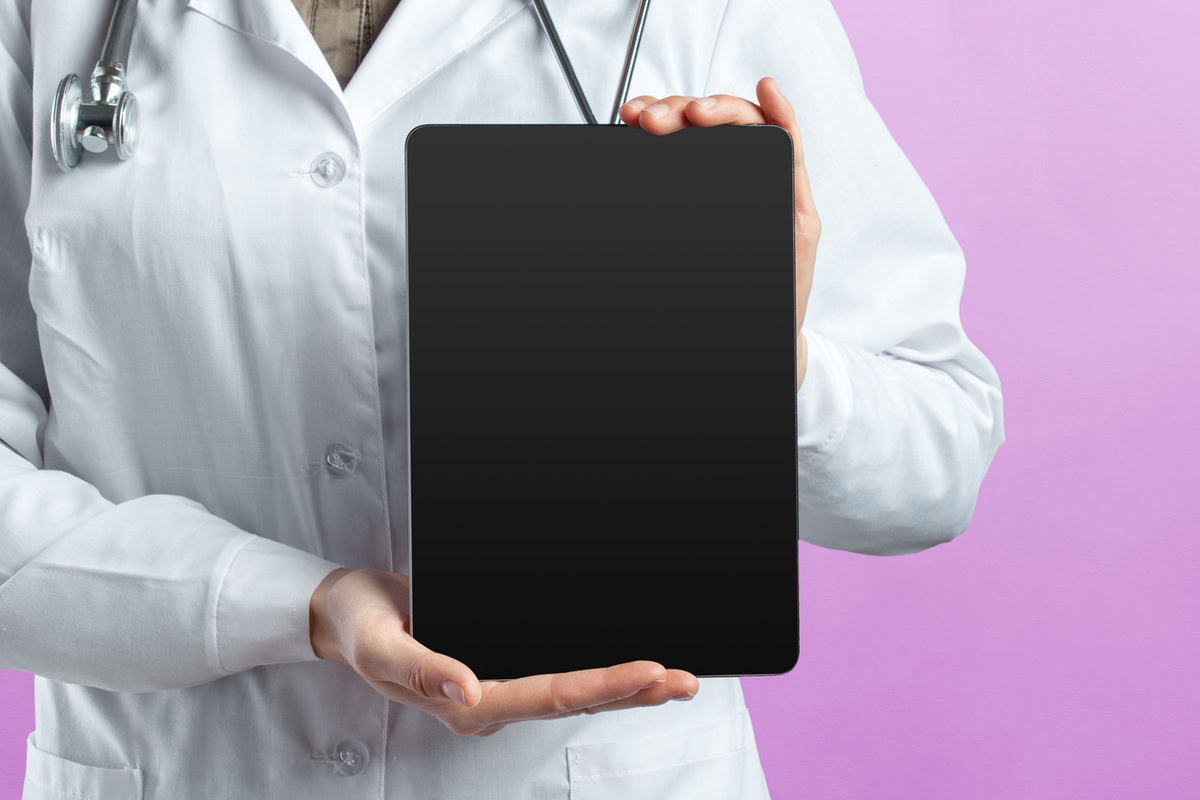Medical students have a tendency to worry that they themselves have the disorders they are currently studying, something that's particularly common in the second year — right as they begin to develop confidence in their own abilities. This phenomenon is so common that it's even been given a name. Interns' Syndrome.

Psychology students do the same thing, and not only are they often wrong in the self-diagnoses they make, their insider knowledge can sometimes lead them to take extraordinary steps. They may change their lifestyle in accordance with recommendations that would be useful if they actually had the mental disorder they labeled themselves with, and they may even self-medicate.
By the time they seek outside help for their symptoms, they can be so absorbed in the idea that they have the disorder in question that it seems like they do — because they've studied it in-depth, and can talk at length about the illness' characteristics they see in themselves.
Intelligent and tech-savvy internet users risk the same thing, even if they have never studied psychology formally.
Why Do People Use the Internet to Investigate Health Issues?
Because it's now a normal part of our cultural landscape. Thanks to our smartphones, the internet comes everywhere we do, and it's a fountain of knowledge. By now, we all know that it's also a fountain of nonsense — and most of us think we can tell the difference between the two.
As early as 2015, a third of US adults already indicated that they often used the internet, and specifically symptom checkers, as a diagnostic tool, research found. (The same researched noted that symptom checkers only yield the correct diagnosis on their first try 34 percent of the time, which was an improvement compared to their earlier versions.)
The COVID pandemic only made the practice of using the internet as a diagnostic tool more common, not just because we're now constantly worried that we might have COVID, but also because access to other types of medical services has reduced, whether because the doctor is too busy seeing more urgent patients, or because you don't have the money.
Many governments actively promoted telehealth in the earlier stages of the pandemic, and most offer some sort of COVID symptom checker. These, research has found, vary widely in accuracy.
When there's an easy and accurate diagnostic test — like a blood pressure monitor, PCR, blood test, or urine test — it's obvious why you should skip internet quizzes and head straight for the doctor. What about mental health issues, though? These are diagnosed on the basis of symptoms, and you might think you know exactly what symptoms you have.
You don't have to choose TikTok as your diagnostic tool (because some people do do that, we'll just say "please no"); anyone can get their hands on the Diagnostic and Statistical Manual of Mental Disorders or diagnostic and screening lists actual psychologists and psychiatrists use.
What Are the Dangers of Self-Diagnosing a Mental Disorder with the Help of the Internet?
Plenty. For starters:
- You may get it wrong. In fact, you are quite likely to get it wrong. Even if you are studying psychology.
- Making the wrong self-diagnosis can cause you to make unhealthy lifestyle changes, including in some cases self-medication.
- Even emotional and behavioral symptoms can be rooted in physiological changes. By making the wrong self-diagnosis, you could be missing out on the healthcare you need for an urgent physical problem.
- Once you begin to toy with the idea that you have a certain disorder, you can become emotionally invested in it as you seek connection with others with the same disorder, and become friends with them. The disorder or diagnosis can become a part of your identity, especially in the case of chronic conditions such as ADHD or autism.
- Hundreds of mental health disorders exist, and once you think you know what's wrong with you, confirmation bias may prevent you from assessing yourself accurately.
- You cannot assess yourself the way a trained professional can. Case in point — people with delusions believe that those delusions are real. If you want an objective assessment, see a psychologist.
Should You Ever Attempt to Self-Diagnose a Mental Health Disorder?
Looking around for information about our symptoms or feelings on the internet seems to be an inevitable part of modern life. Making a self-diagnosis isn't. Ideally, you'd turn to a psychologist, psychiatrist, or even your family doctor if you suspect that you have one of the many conditions in the DSM-5, such as major depressive disorder, social anxiety disorder, or ADHD. Even if you appear to meet all the diagnostic criteria, there could be other explanations and only a professional can assess them.
Some conditions are safer to self-diagnose than others. If you can't stop drinking way too much even though you have tried countless times, and that fact is interfering with your entire life, chances are that you really do have a substance abuse disorder. If you survived domestic violence and now have flashbacks and ongoing hypervigilance, along with insomnia, the odds that you have PTSD really are high.
Self-diagnosis still isn't a good idea in these cases for the simple reason that diagnosis itself isn't enough. You also need treatment, and you can't access that without seeking professional help.
You get the gist. Stay safe, and whenever possible, partner with a trusted psychologist.


Your thoughts on this